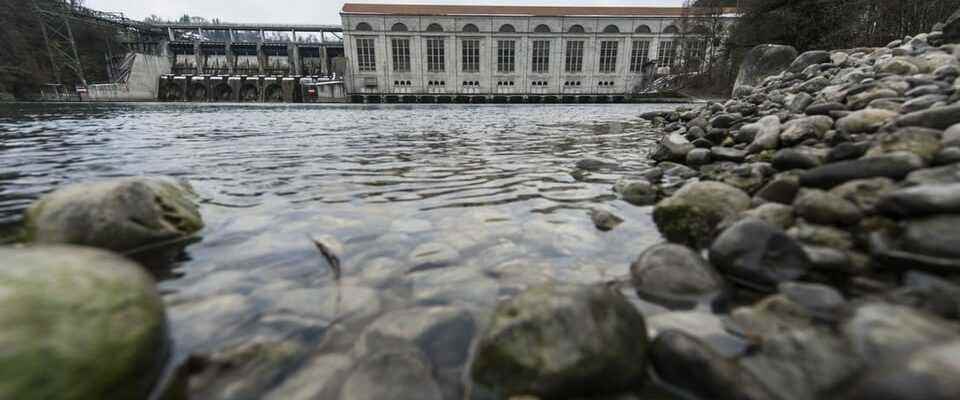contents
Switzerland is used to having enough water. In future this will no longer always be the case.
In the canton of Fribourg, the water is flown to the alpine cows by helicopter. Thurgau prohibits water withdrawal from streams and rivers. In the Jura commune of Courtételle, it is forbidden to water the lawn. Water is also becoming scarce in the moated castle of Europe.
water shortage? Not at the top of the agenda in federal Bern. And why, in water-rich Switzerland. One who knows better is Christoph Hugi from the University of Applied Sciences Northwestern Switzerland (FHNW). “Conflicts over the use of water will increase in Switzerland, especially in hot and dry summers caused by climate change,” says the specialist in sustainable resource management.
Legend:
One of the biggest conflicts is between farmers and the operators of the hydroelectric power plants. In hot periods, the farmers want as much river water as possible to irrigate the fields. The power plant operators want full reservoirs in order to be able to meet the high demand for electricity in winter.
Keystone / ALESSANDRO DELLA VALLE
Farmers are already fighting over water usage rights, and conflicts over the use of water in the reservoirs are becoming apparent. And people look on suspiciously when the neighbors fill up their pool in the hot summer while the fish are dying out of water in the nearby creek bed.
First you need data, then you need action
The question of the right measures – Hugi hears it not for the first time. “First we need more data, a comprehensive understanding of the regional water cycles over time and aligned with the goals. Only then can we discuss the measures,” he says. Data? In this country we know every centimeter of the level of Lake Constance. Sure, like Hugi. But little is known about the interaction of supply and demand.
And what does the federal government do? The Federal Council commissioned the responsible offices to develop an early warning system for drought – by 2025. The Federal Council also recommends that the cantons work together better and measure water consumption more comprehensively. “There should be a report on this at the end of 2025,” says Carlo Scapozza, head of the hydrology department at the Federal Office for the Environment (FOEN). It’s still a while, and by no means all cantons are following the federal recommendations.
“Water needs a price tag”
And this is how this crisis is being managed in rich, federalist Switzerland as it has always been: water is flown to alpine cows by helicopter. Water management expert Christoph Hugi shakes his head. Of course, this is not a sustainable reaction. According to him, the political debate should have been going on for a long time, even without data. “For dry periods, we need action plans that we have negotiated with each other in advance,” he says. A precautionary and renunciation debate is needed.
Do you want to build water pipes to the dry alp, or should you give up the alp? When can pools no longer be filled and cars no longer washed? When and how do cantons have to help each other out with water?
One thing is clear: Hardly anyone gives up voluntarily. “Water needs a price tag,” says Hugi. The use of water costs next to nothing in Switzerland. If the state demands more for water from the consumer from a certain number of liters per day, their behavior changes. Christoph Hugi knows that this is a hot potato, especially in agriculture. “But we have to have these discussions, all together.”
